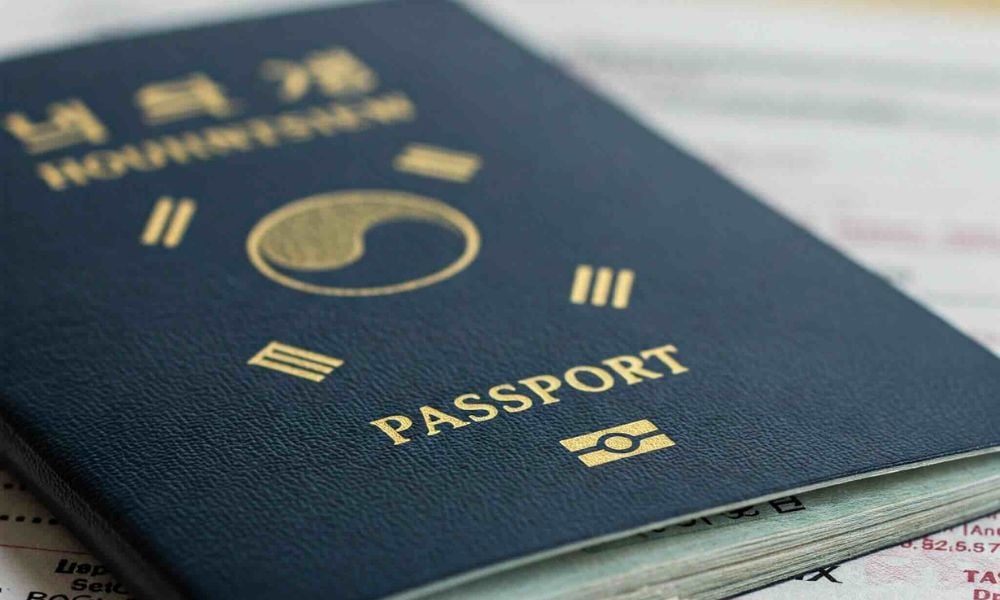Joint mortgage not enough to beat FPAD bill

A South Korean woman who bought a house in inner Melbourne while on a temporary partner visa has lost a bid to avoid the state’s foreign purchaser property tax, despite arguing her Australian partner contributed significantly to the purchase and held an equitable interest in the home.
The Victorian Civil and Administrative Tribunal (VCAT) last week ruled that Dan Sim, who became the sole owner of a property in Alphington in 2019, was correctly assessed for the Foreign Purchaser Additional Duty (FPAD) — an extra stamp duty levied on foreign buyers of residential property.
The case, Sim v Commissioner of State Revenue [2025] VCAT 349, turned on whether a little-used exemption from the foreign buyer tax could apply where a foreign buyer's Australian spouse or partner also had a stake in the property — even if they weren’t listed on the title.
What happened
Ms Sim acquired the property in February 2019 while living in Australia on a Partner (Temporary) visa, sponsored by her domestic partner, Alan Sam, an Australian citizen.
The property was registered in her name alone. However, Ms Sim said the purchase was done this way on advice from their accountant, due to Mr Sam’s business liabilities. Mr Sam contributed the bulk of the deposit and the couple jointly secured the mortgage. They intended the home to be their family residence.
The transaction was initially assessed at standard stamp duty rates. But in 2021, the State Revenue Office conducted a review and imposed FPAD of more than $74,000, plus 20 per cent penalty tax and interest, arguing Ms Sim was a foreign purchaser at the time.
She appealed the reassessment and sought to rely on a statutory exemption introduced in 2018, which waives FPAD when a foreign buyer jointly acquires a principal residence with an Australian spouse or partner.
The legal argument: what counts as 'joint ownership'?
At the heart of the case was whether Mr Sam’s equitable interest — a claim to ownership recognised in equity law rather than on the property title — was enough to meet the requirement that the property be “transferred jointly” under the exemption in section 69AJ of Victoria’s Duties Act 2000.
Ms Sim’s lawyers argued it was. They pointed to the couple’s joint mortgage, shared deposit payments, and the intent that Mr Sam would hold a beneficial interest in the property. They also cited the High Court’s 2022 decision in Bosanac v Commissioner of Taxation, which found courts should focus on the parties’ actual intentions in determining property interests.
They further noted that when the exemption was introduced, then Treasurer Tim Pallas said it was aimed at people like Ms Sim — foreign nationals in long-term relationships, contributing to Victoria’s economy and living here permanently.
Tribunal: only legal title matters
However, VCAT Senior Member R Tang sided with the State Revenue Office, ruling that the exemption requires the legal transfer of the property to both parties. Because the fee simple title — the full legal ownership — was transferred to Ms Sim alone, the exemption didn’t apply.
“The relevant land-related interest was not transferred jointly,” the decision stated. Even if Mr Sam had a resulting trust interest due to his financial contributions, that interest “was impressed upon the legal estate held by Ms Sim” — it wasn’t part of the original transfer.
The Tribunal said the law’s wording left little room for ambiguity, and while policy intentions are relevant, they can’t override the clear statutory language.
Penalty tax scrapped
While VCAT upheld the reassessment of the duty, the Commissioner agreed — in line with other recent cases — to waive the penalty tax and interest, meaning Ms Sim will only pay the core FPAD amount.
Why it matters for borrowers and couples
The decision is a warning for mixed-residency couples looking to buy property in Victoria. It highlights that ownership structure matters — and that relying on informal arrangements or verbal understandings may leave buyers exposed to costly taxes.
For your clients, especially those navigating complex visa statuses, the case reinforces the need for sound legal and financial advice before signing contracts. Even jointly paying a mortgage or deposit doesn’t create legal ownership if your name isn’t on the title — and tax law, at least in this context, doesn’t recognise equitable interests.
Have something to say about this story? Let us know in the comments below.



